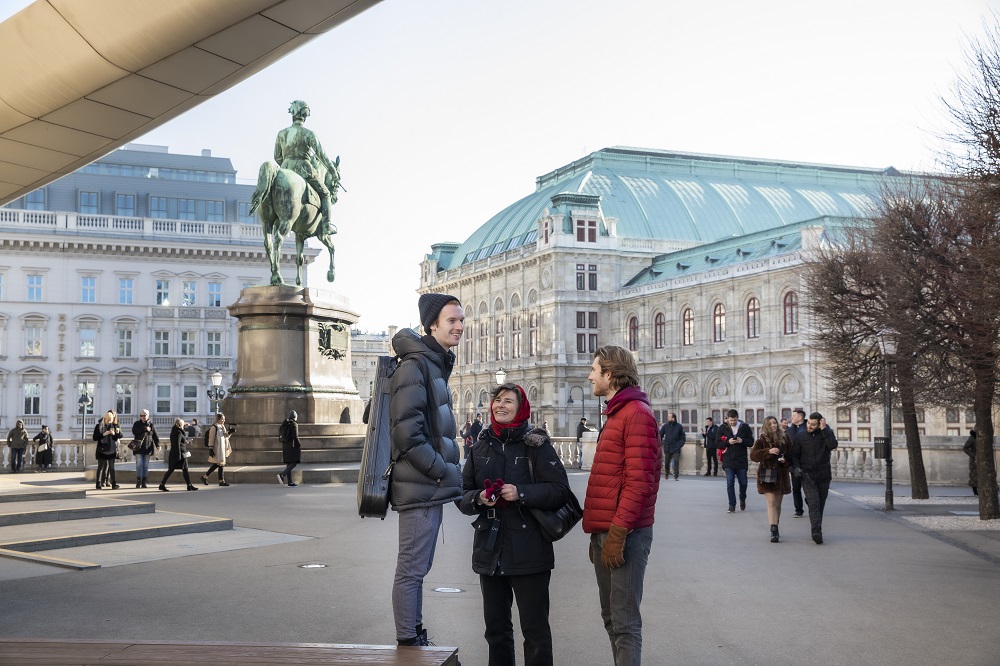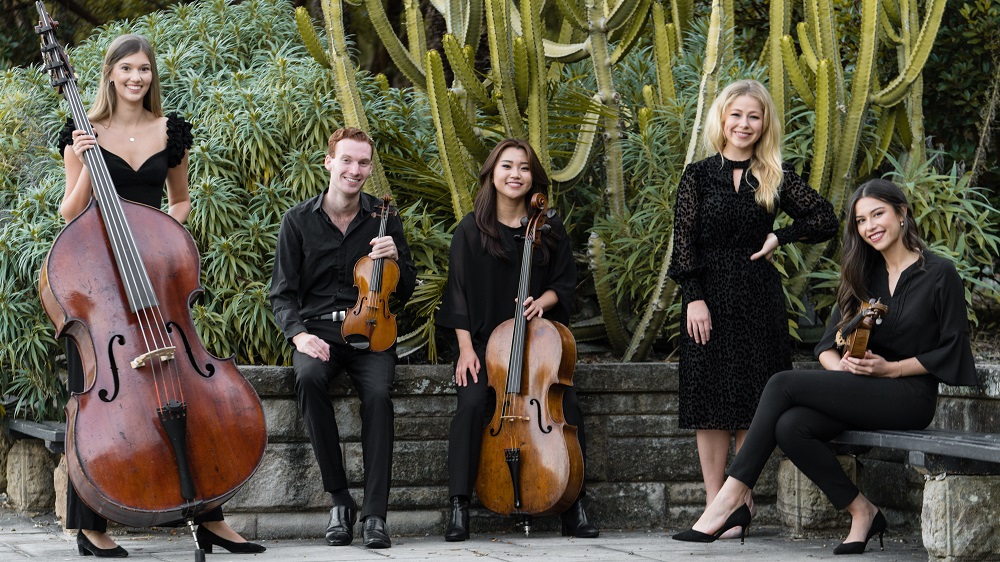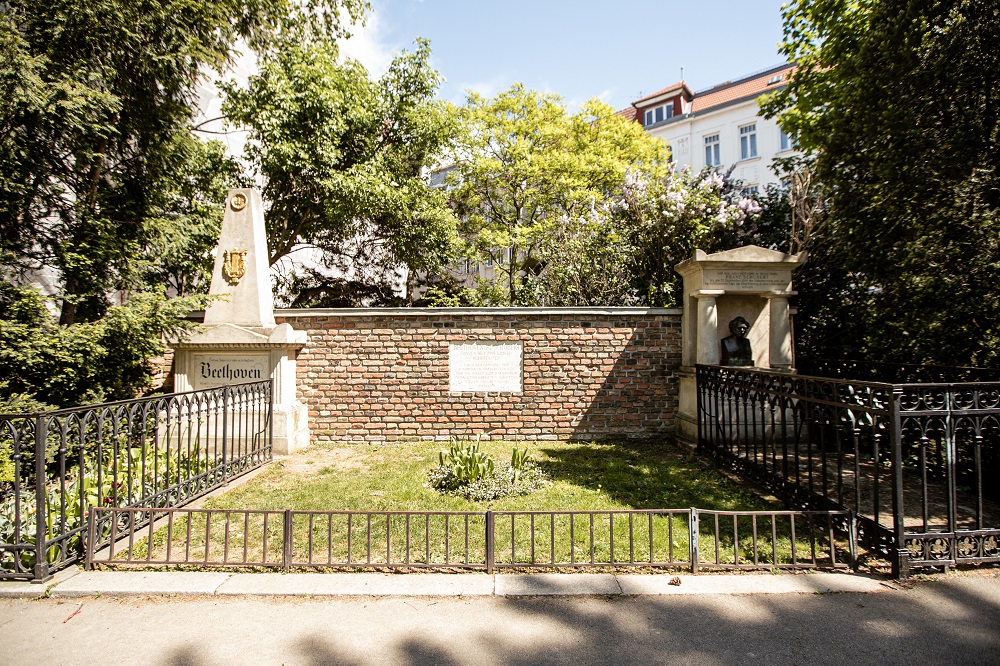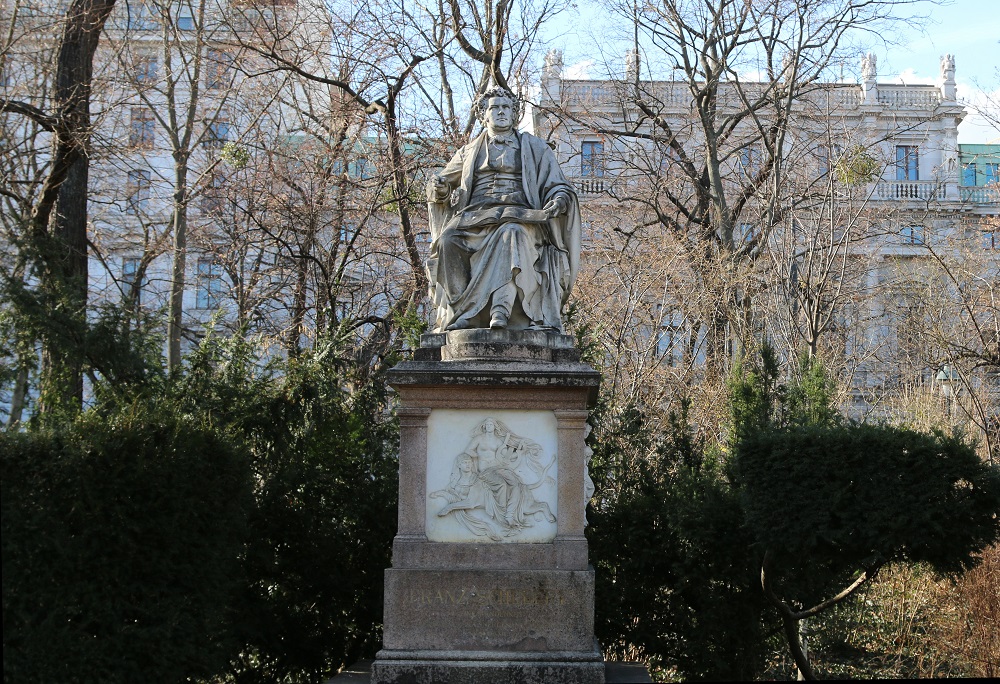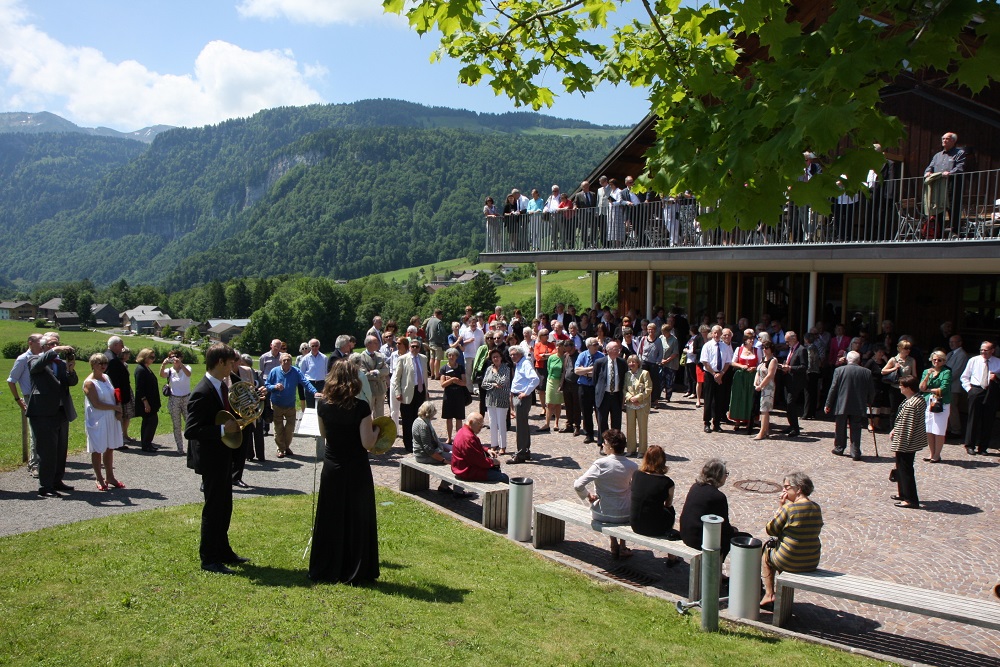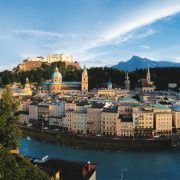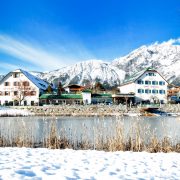An Australian Schubertiade

James Armstrong, Estelle Shircore Barker, Astrid Gruchmann-Licht, Aisha Goodman, Angela Shin, Kathrina Denk, Lilly Bennett- Pic by Andy Baker
The Austrian tradition of Schubertiade – chamber music performed in private homes and at intimate concerts inspired by musician Franz Schubert, is delighting Australian music lovers.
It’s 200 years since the first Schubertiade was held in Schubert’s birthplace of Vienna.
Talented Sydney violinist, James Armstrong fell in love with the concept when he visited Vienna and Salzburg last year.
James was the winner of the Austria Scholarship granted by the Sydney Youth Orchestra and the Austrian National Tourist Office.
During his time in Vienna, James connected with the music of Franz Schubert.
On his return to Australia, he founded the piano quintet, the Fiorelle Ensemble with four fellow Sydney Conservatorium of Music students, Estelle Shircore Barker, Aisha Goodman, Angela Shin, and Lilly Bennett.
Director of the Austrian National Tourist Office in Sydney, Astrid Gruchmann-Licht organised a series of Schubertiade concerts in small venues and private homes in regional NSW and the ACT that were an outstanding success.
“This year we were delighted to find that James wanted to share his passion for Schubert and for Austria with Australian audiences in regional NSW and the ACT and we partnered with the Forelle Ensemble to bring this project to life,” she says.
“I view it as a true collaboration and love the idea of an Australian Schubertiade.”
Schubertiades were held in Mosman, the Austrian Embassy in Canberra and the private home of Susan and Richard Sloane in Albury, along with 20 guests.
“It was a magical night of wonderful music, fine Austrian champagne and wine, delicious cuisine and capped off with the original Sacher Torte, flown in from Vienna,” Susan says.
“The talent of James and the other young musicians was amazing and they paid a great tribute to Schubert – it was a night to remember and everyone wants to head to Vienna and follow Schubert’s musical trail as soon as possible.”
James says he loves performing at the Schubertiade recitals.
“It’s a wonderful opportunity for us to be able to play this beautiful repertoire of Schubert’s music,” James says.
“We are performing music which was composed in the Austrian countryside and we are bringing it to the countryside in Australia.”
James describes the musical works as colourful and distinct.
“I imagine each piece as a postcard of Austria,” he says.
“The music intimately reflects the landscape and lifestyle, from the elegant and lavish decor of Viennese salons to the striking snow-capped Alps and lush green fields of the countryside.
“Schubert’s music illustrates these settings so sublimely.”
The history of Franz Schubert
Born in Vienna in 1797, Schubert was the only real hometown boy in the city of music when it comes to great composers.
With more than 600 Lieder -songs, to his name, the Prince of Song proved to be by far the most creative composer in music history when it comes to beautiful melodies.
During Franz Schubert’s lifetime his songs were mainly heard by a small group of dedicated friends, who would come to his intimate musical soirees.
These evenings in private homes became all the rage in 19th century Vienna as so-called “Schubertiaden.”
Schubert was born in the little kitchen of a Vienna house on January 31, 1797. Today it’s a museum dedicated to the composer and includes his piano, glasses, and many other historic memorabilia.
Franz Schubert had three burials and two graves.
He died on November 19th, 1828 and was buried in the same cemetery where Beethoven was laid to rest a year before, a mere two yards away.
The cemetery closed in 1873 and would eventually become the Schubertpark.
In 1888, Schubert was relocated to Vienna’s Central Cemetery, where he again lies next to Beethoven, his greatest musical inspiration.
Schubertiade Festival in Austria
The Schubertiade Festival is held in Austria’s Alpine region of Vorarlberg.
It attracts 35,000 visitors annually with 80 events on offer.
The festival offers smaller events of an intimate character, peacefully listening to top-quality music, and enjoying a good conversation about it at dinner afterwards with like-minded friends.
Picturesque hills, charming villages and towns, friendly people, and music fans from all over the world make up the unique, tranquil vibe of the Schubertiade in Schwarzenberg and Hohenems.
For more details see austria.info
https://www.austria.info/en/culture/franz-schubert-poet-and-liederfuerst
https://www.austria.info/en/culture/franz-schubert-poet-and-liederfuerst/join-a-schubertiade
https://www.austria.info/en/culture/franz-schubert-poet-and-liederfuerst/travel-through-austria

